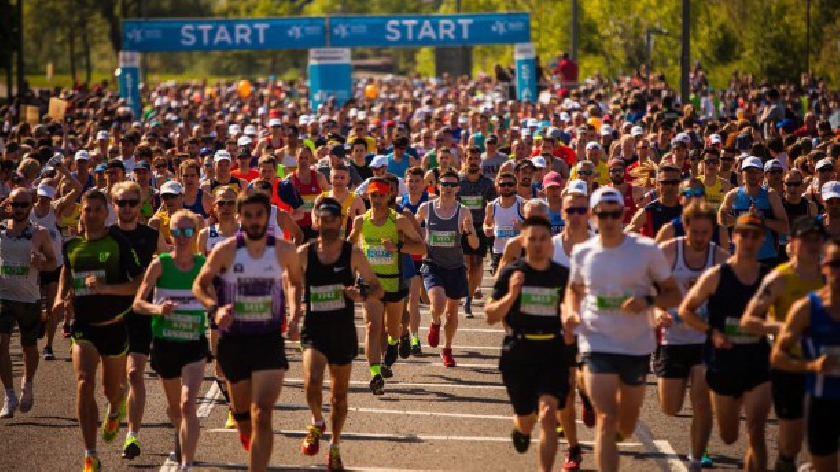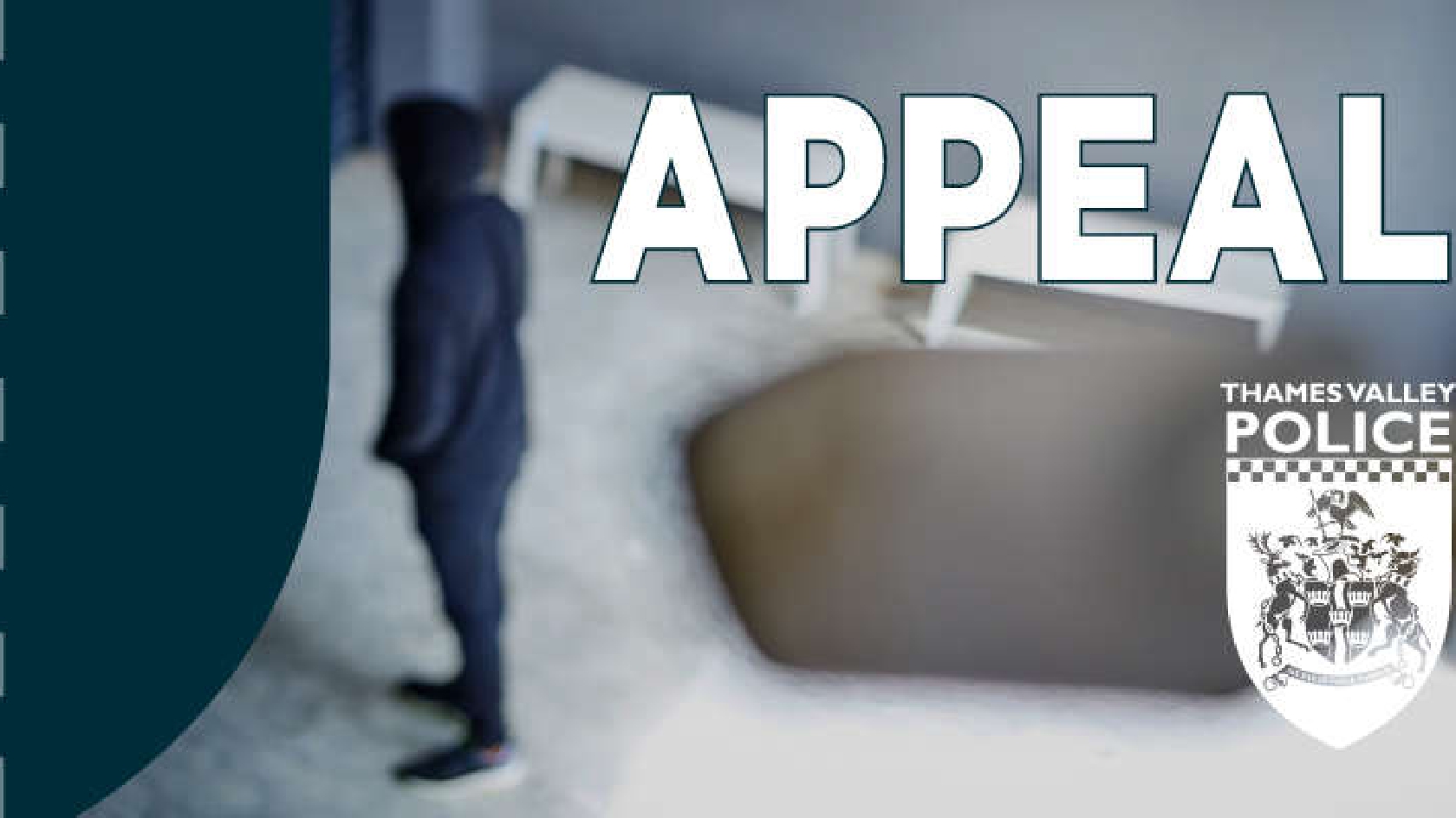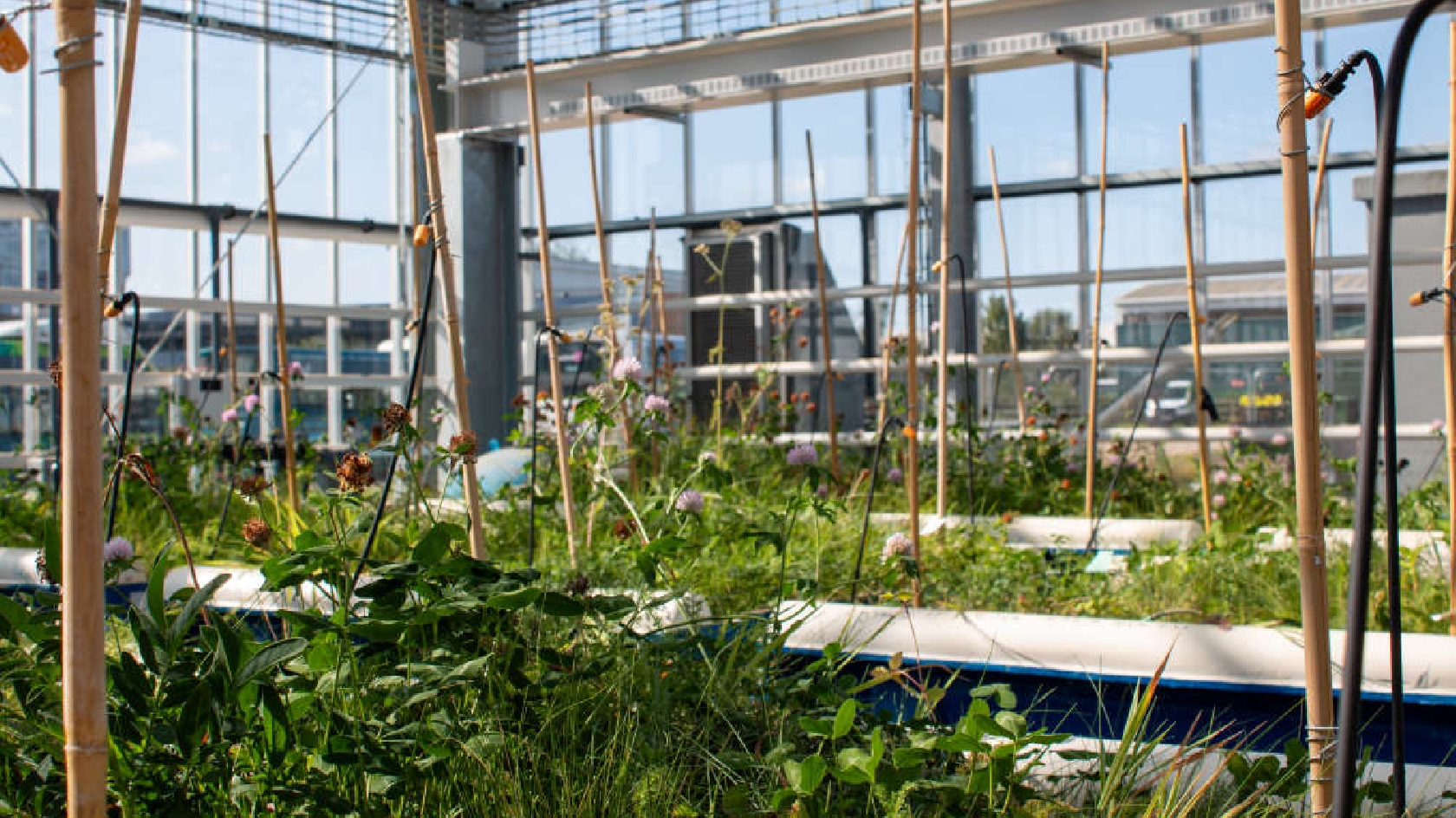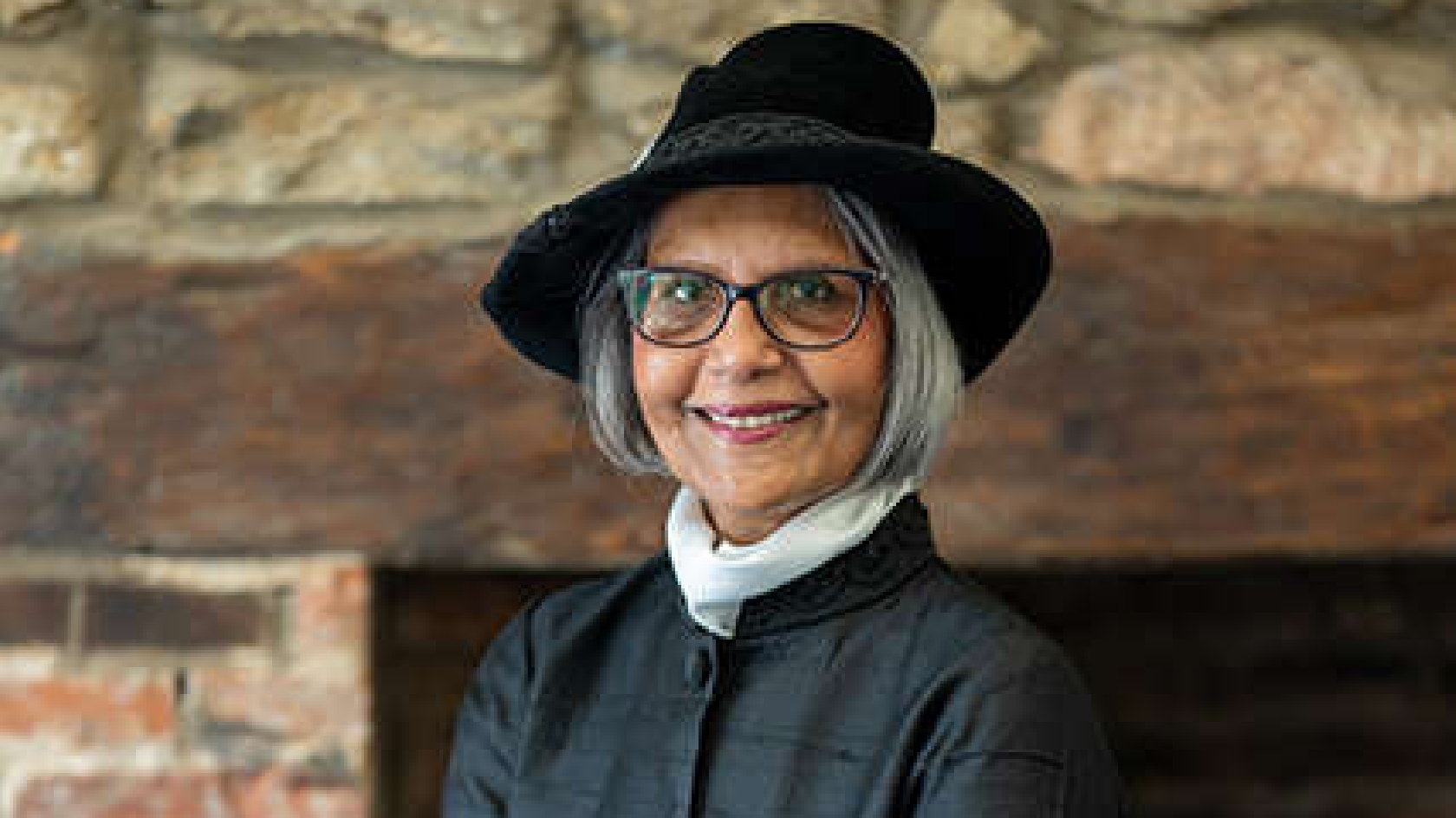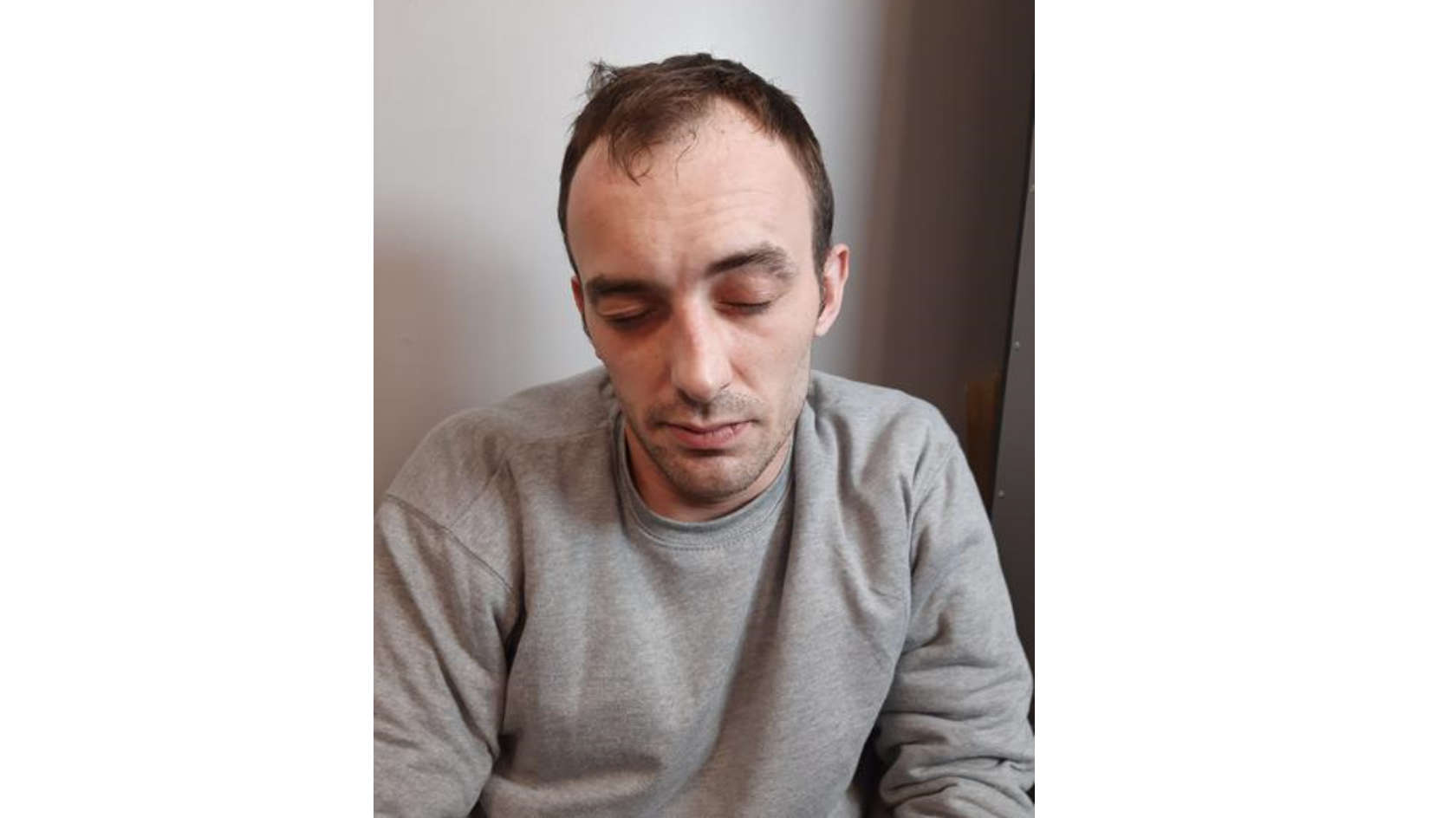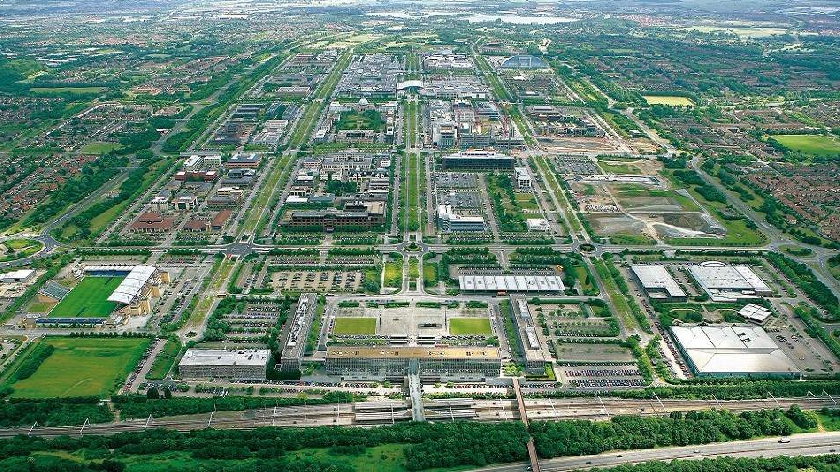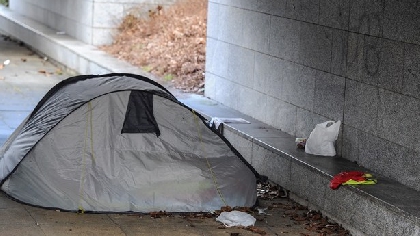
Homeless people in Milton Keynes are being wrongly denied healthcare on the grounds that they do not have an address.
So now, Milton Keynes Council and watchdogs Healthwatch Milton Keynes are working on a strategy to increase knowledge among GPs and homeless people about rights to healthcare.
Healthwatch says it is a complex issue and GPs are allowed to ask for identification, but they are not allowed to refuse registration to those who cannot produce this, but state they live within the catchment area.
Since before Christmas, some 500 cards have been produced by Healthwatch and handed out in the city, which homeless people and others can show to healthcare professionals to claim their rights.
A report on progress on the city’s moves to safeguard the care needs of homeless people is being presented to members of the council’s Health and Adult Social Care Scrutiny Committee this evening (Tuesday).
The report’s authors, Emmeline Watkins, deputy director of public health; Sarah Crowhurst, CEO Milton Keynes Homelessness Partnership; Eleanor Nickless, head of homelessness prevention and housing access, and Richard Alsop, chief operating officer at MK Clinical Commissioning Group, painted a ‘dire picture’ of the impact that poor mental health could have on the homeless.
They said: “The comparative isolation and stigmatisation of the homeless from society can cause mental health problems in itself. Increasing clinical depression is a natural result of being in such a position.”
They add that the Mental Healthcare Provision for the Homeless Task and Finish Group (TFG) has established that many homeless people experience difficulty in registering with a GP.
“While they can be given small amounts of medication in a crisis or on discharge from hospital, this soon runs out, leaving them with no medicine, and their condition therefore gets worse.”
It adds that the physical health of the homeless is always at risk. “They routinely suffer from the effects of broken sleep and the weather. They are likely to have little or no income for food, leading to erratic energy levels and the longer term impacts of malnutrition; they may have limited access to hygiene facilities and may also be subject to physical injury – a combination which can frequently lead to disease.
“Even without any physical disease, these conditions will increase stress on their systems, making poor mental health worse. As a result of their poor mental health, the homeless may have difficulty in engaging with support services, including health services. This puts them at greater risk of deregistration, or of being barred from the services that could help them.”
The report also says that the average life expectancy of the long term homeless is as low as 47 years of age, versus 77 years for the general population.
A range of action being carried out to prevent and deal with homelessness is being presented to the committee.

